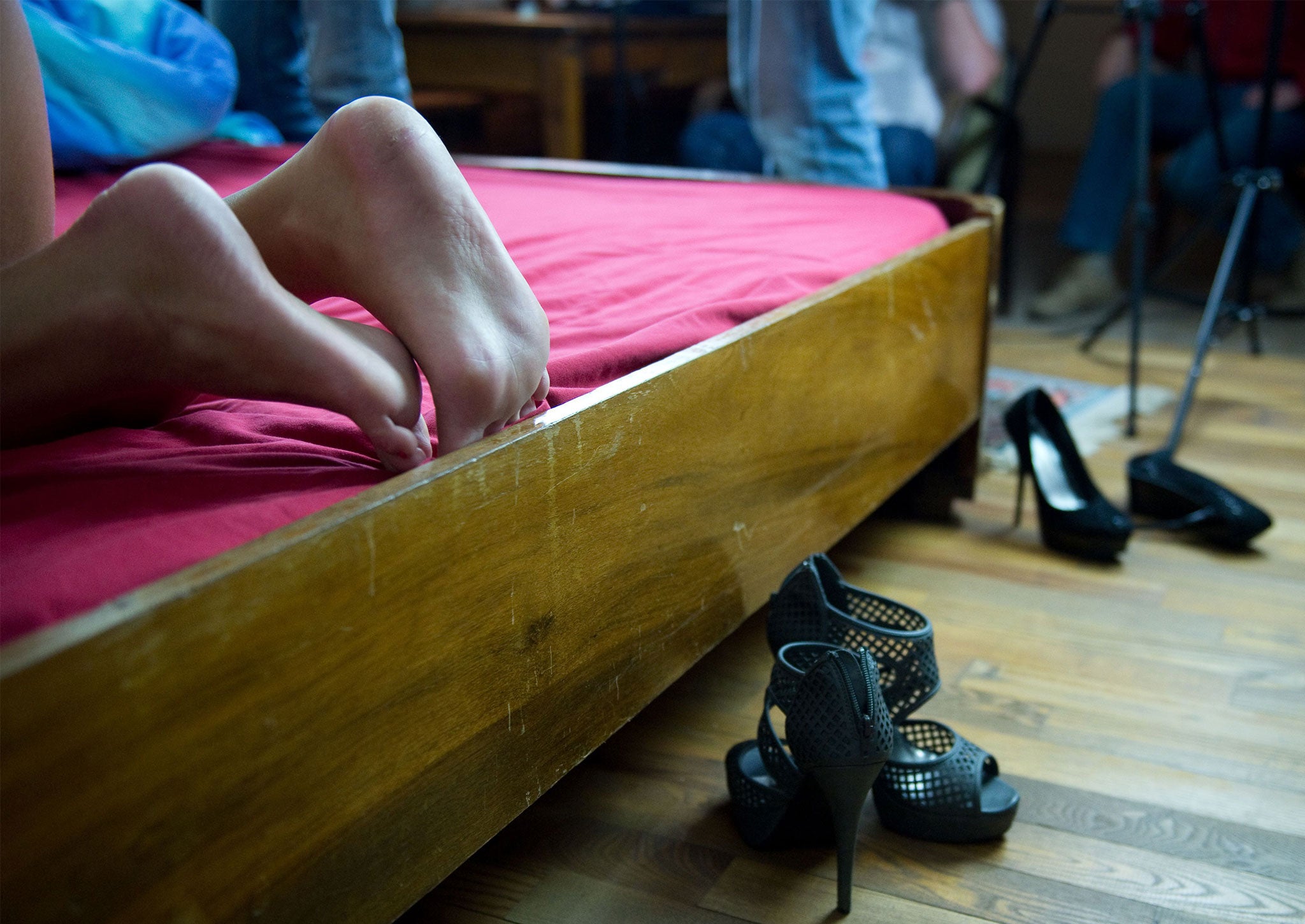The UK's sexist new pornography restrictions aren't just an act of state censorship, but could be the first step towards something even worse
It's not just the depiction of certain sex acts which is under attack — our freedom is too

Your support helps us to tell the story
From reproductive rights to climate change to Big Tech, The Independent is on the ground when the story is developing. Whether it's investigating the financials of Elon Musk's pro-Trump PAC or producing our latest documentary, 'The A Word', which shines a light on the American women fighting for reproductive rights, we know how important it is to parse out the facts from the messaging.
At such a critical moment in US history, we need reporters on the ground. Your donation allows us to keep sending journalists to speak to both sides of the story.
The Independent is trusted by Americans across the entire political spectrum. And unlike many other quality news outlets, we choose not to lock Americans out of our reporting and analysis with paywalls. We believe quality journalism should be available to everyone, paid for by those who can afford it.
Your support makes all the difference.As you might have already heard, an act of state censorship has been declared against British pornography in the guise of innocuous regulation. But what you might not know is that it has also marked the first stage in a campaign to impose global trade sanctions. Strangely, this proposition has received less coverage.
The current discussion around these regulations has focused on the absurd restrictions which are being imposed on pornography. For example, male ejaculation is acceptable to shoot; but its female equivalent is absolutely beyond the pale. Bang out of order. It might be urine. We’re not sure. Probably best to ban it.
However, ignoring the inherent sexism of this proposition, it is actually the framework in which these regulations have been allowed to emerge that is of greatest concern to all forms of freedom of expression.
The regulations are supposed to create equality between the types of content that can be purchased from licenced sex shops in the UK with that which can be purchased on the internet. At the moment, what is available to physically purchase in the UK is different to the internet, which allows individuals access to goods and services from foreign jurisdictions.
Due to the financial threat from the free content distributed via free streaming sites, over-the-counter sales of pornography in the UK are in freefall. The attempt to regulate online content is clearly a pretext to controlling the runaway online market.
About 24 UK pornographic video on demand websites have currently registered with the authority that has been tasked by Ofcom to uphold the new regulations. From a consumer perspective this is an insignificant fraction of all the pornography hosted on the internet.
If only there was a way to regulate content hosted in foreign jurisdictions and shut down those pesky Tube sites...
Enter Peter Johnson, the Director of The Authority for Television On Demand (ATVOD), who has explicitly stated that he believes pornographic websites with editorial control outside the UK may be in breach of the Obscene Publications Act 1959 if their content is downloaded in this country.
His basis for this proposition seems to be contained within the Crown Prosecution Service’s recently updated guidelines, which state that: “There are very difficult jurisdictional issues about whether material hosted overseas is within reach of the English criminal law… [However] if a web site is hosted abroad and is downloaded in the UK [...] there is publication both when images are uploaded and when they are downloaded.”
If this logic is followed, all foreign pornographic websites selling content within the UK would need to register with ATVOD. Apparently Johnson agrees with this rationale. According to the journalist Thomas Newton, he has argued that blocking credit card payments from the UK could put the free streaming sites operating outside of the UK out of business: “Our view is that cutting off the funds to premium services, which use the free sites as a marketing platform would disrupt and undermine the free and unrestricted provision of hardcore porn. Without the underlying payments, the free sites would wither on the vine”.
Put simply, what he is proposing are financial sanctions. It looks like an unelected quango is gearing up to impose foreign financial sanctions, by utilising unelected bankers to decline payments to foreign jurisdictions, based on a selective interpretation of the unelected CPS’ Guidelines on the OPA, drafted in collaboration with unelected film censors at the BBFC.
This is a spectacularly dangerous precedent.
It might not be your cup of tea. But pornography is the canary in the coal mine of free speech. It is the first freedom to die. If assaults on liberty like this are allowed to go unchallenged, further freedoms will fall as a consequence.
Myles Jackman is a legal consultant at Hodge Jones & Allen LLP. He is the only solicitor in the country professing to specialise in sexual liberties and obscenity law.
Join our commenting forum
Join thought-provoking conversations, follow other Independent readers and see their replies
Comments